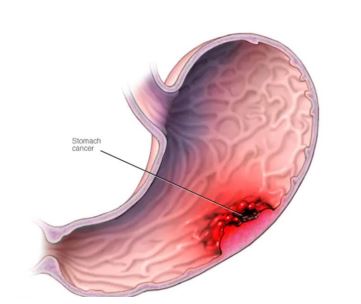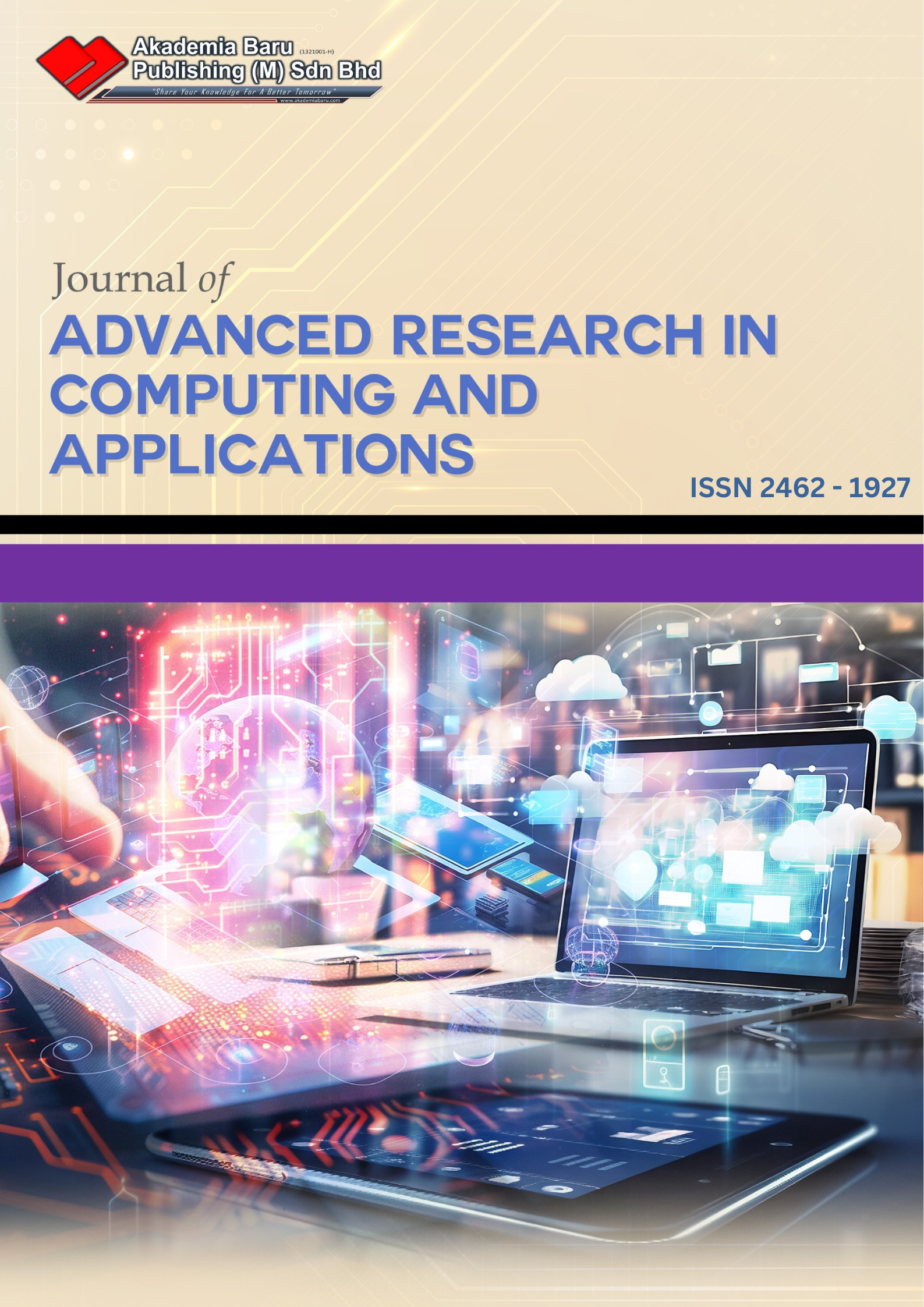Categorization of Early Detection Classifiers for Gastric Carcinoma through Data Mining Approaches
DOI:
https://doi.org/10.37934/arca.32.1.112Keywords:
Gastric carcinoma, Logistic regression, PredictionAbstract
Gastric carcinoma, a prevalent and potentially fatal malignancy, underscores the urgency of early detection for effective treatment. Data mining methods, renowned for their ability to extract meaningful insights from large and complex datasets, offer a promising avenue for improving early detection accuracy. In this study, we embarked on a comprehensive exploration of the identification and evaluation of classifiers using data mining techniques to enhance the early detection of gastric carcinoma. The primary objective of our study was to leverage advanced data mining techniques to predict the early diagnosis of stomach cancer, a critical factor in improving patient outcomes. Early detection can significantly impact treatment success rates and patient survival. To achieve this goal, we employed a range of classification algorithms, including Support Vector Machine (SVM), k-Nearest Neighbour (KNN), Decision Tree (DT), and Logistic Regression. These algorithms were selected for their established efficacy in handling diverse datasets and their potential to uncover intricate patterns that may contribute to the early identification of gastric carcinoma. The preliminary evaluation of these classifiers involved the use of key performance metrics such as accuracy, precision, F1 score, and confusion metrics. These metrics are crucial for assessing the reliability and effectiveness of the classification models in distinguishing between individuals with stomach cancer and those without. The results of this preliminary analysis provide valuable insights into the strengths and limitations of each algorithm in the context of early gastric carcinoma detection. The detailed findings and classifier comparisons are presented in this paper, offering a comprehensive overview of the performance of each algorithm. This comparative analysis allows us to discern the most promising approach for early detection based on the specific characteristics of the dataset under consideration. The significance of this research lies in its potential to contribute to the development of robust and accurate screening tools for gastric carcinoma, ultimately improving the prognosis and treatment outcomes for individuals at risk. In conclusion, our study highlights the potential of data mining techniques in enhancing the early detection of gastric carcinoma. The results obtained through the evaluation of classification algorithms provide a foundation for further research and the development of practical tools that can aid in the timely diagnosis of stomach cancer, ultimately saving lives and improving overall healthcare outcomes.
Downloads















